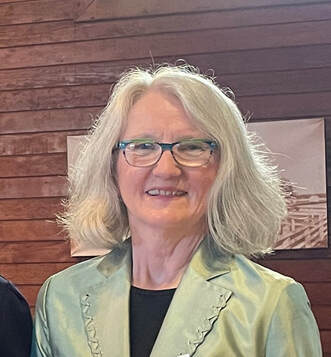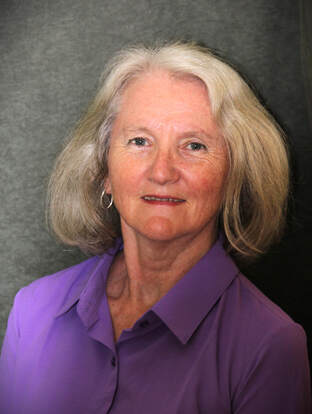|
8/29/2022 What really happened – a short, narrative history of St. John’s Island to about 1800Read NowWhile Bound is fiction, it is loosely based on actual late 18th century historical events on St John’s Island, now PEI. As The Author’s Note indicates, I have modified some events and compressed some timelines in support of a coherent story. But for those who would like more background on this tumultuous period on the Island, here is a short summary which may help separate fact from fiction… The Mi’kmaq By the late 1700s, Epekwitk, the Mi’kmaq name for St. John’s Island/Prince Edward Island, was undergoing a seismic shift. The Mi’kmaq had been relatively undisturbed in their traditional territory while the Island was under French sovereignty. The only significant fishing settlements were at the mouth of Baie St. Pierre (St. Peters Harbour), at Port la Joie (across the harbour from Charlottetown), and several small settlements. When Britain won the Island from France in 1758 in the French and Indian Wars, it deported the Acadians, as the French settlers were known. Deportation, authorized under the 1598 Act for the Punishment of Rogues, Vagabonds and Sturdy Beggars, was a common punishment of felons and political prisoners in Britain during this period the 17th and 18th century. .With Britain maintaining only a minimal British military presence on the Island, the Mi’kmaq were able to continue to live and sustain themselves in Epekwitk. As British settlement progressed in the 1772, the Mi’kmaq were increasingly displaced from their traditional lands and preferred harvesting places. It would be century before Lennox Island would be set aside as a reserve for the exclusive use of the Mi’kmaq.
0 Comments
Leave a Reply. |


 RSS Feed
RSS Feed
